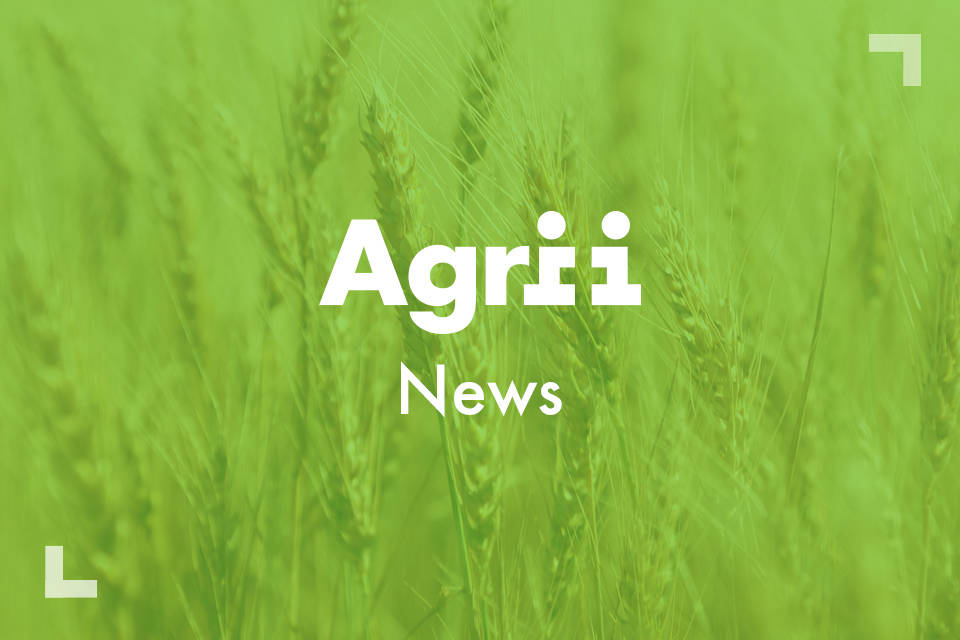
Good advisers offer more than just crop protection recommendations
News - 19.01.23
Britain’s viticulture sector is enjoying something akin to a golden era of growth. Driven by the increasing success of its wines on the world stage, the area of vines under management in England and Wales increased by 70% in the five years to 2021, according to Wines of Great Britain, the industry trade body. Today, the area is estimated at more than 4,000 hectares making wine grapes the single largest soft fruit by area in Great Britain.
Production may be dominated by the alkaline soils of south and south-east England, but vineyards are being planted as far apart as Gloucestershire and Devon in the west to Essex and Suffolk in the east. Growers in Wales too are looking to the future as are some further north in the expectation that a warming climate will bring new opportunities.
Across the sector there is a clear preference for varieties suited to sparkling wine with roughly two-thirds of production sold as the fizzy stuff. For all its lustre, however, the industry is undoubtedly small in its scale. Industry figures suggest that the average vineyard is roughly 4.5 hectares with Wine GB identifying a lack of training opportunities as one reason holding back expansion.
While the industry will undoubtedly continue to grow over time, the small scale and fragmented nature of the sector serves to hamper its development and the consistency of its output, says Kevin Workman, head of fruit for crop advisers and research specialist Agrii.
The most evident example of this is the approach to crop protection favoured by some growers, typically the smaller vineyards, who opt for a blanket programme intent on covering all threats without regard for the season. Such behaviour not only compromises performance and has the potential to add costs. It also undermines attempts to improve the sustainability credentials of the industry, he notes.
“A crop protection programme is only a reference. It should be adapted as needed depending on the prevailing conditions of the time of application,” Kevin Workman says.
The weather is the single greatest influence on performance. It determines everything from yield to grape quality to bunch weight and berry size.
It is the task of the adviser to understand the seasonal influences and manage the crop accordingly. In some respects, this is made easier by the dominance three varieties of grape: Chardonnay, Pinot Noir and Pinot Meunier. Together, these varieties account for 82% of recent plantings.
“One advantage of this is that as advisers we get to develop an intimate knowledge of these varieties across a wide geographical range. If we observe the beginnings of a disease or pest threat in one area, we know to be ready for it in another.
“Of course, this is not always the case. Most of the seasonal pressures, be they pests or disease, are of local origin, but they can also travel great distances on the wind or be carried by birds and insects,” Kevin Workman says.
Modern production pressures
To the grower, pests and disease are often the most visual threats to performance but to society they can be dismissed as a minor irritation. To the modern consumer a clean, healthy crop of vines counts for little if the wine it produces fails to meet their definition of sustainability.
Following a warts-and-all programme of crop protection activities may serve to remove much of the growing risk, but it is difficult to defend as sustainable practice when others follow an active approach based on real-time assessments. Sustainable Wines of Great Britain (SWGB), an initiative introduced in 2020 by Wines GB, lists reducing the carbon footprint of wines as one its goals. It aims for the wine produced under the scheme to be carbon neutral by 2030. According to Wines GB, about 55% of the area down to vines is entered into the scheme with 35 accredited wines approved to carry the SWGB label.
“Being able to demonstrate that the crop protection and nutrition products used are applied based on an assessed need will serve to support claims to be environmentally sustainable,” Kevin Workman says.
The adviser’s role often goes beyond managing the crop during the season. Ensuring that production activities comply with the latest regulations, industry standards or end-market requirements are also central to their role, explains Kevin Workman.
“What you miss most by not engaging an adviser is the ability to adapt with confidence. New products come to the market while others suffer stock shortages or can have their market authorisation withdrawn at a moment’s notice.
“The adviser is there to manage these issues while making you aware of better or cheaper alternatives. They will also help you in managing inventory levels. No one wants to be left with stocks of product that is at risk of losing its authorisation or is set to be superseded by something better.”
At the strategic level vineyard management is rarely a simple task. Objectives may be set at the start of the season, but this is not a manufacturing process. Outcomes are not guaranteed. Plans need to be adaptable.
“Customer relations are often dependant on the individuals involved on a day-to-day basis, but behind the scenes is a depth of knowledge and expertise that is easy to overlook.
“Agrii is the only national adviser to have a dedicated trials and research facility specifically for viticulture. The learnings identified here and at the sister site in Sussex enable us to confidently tackle the problems we see in commercial vineyards. Should the grower want to run their own trial, our team has the experience needed to help them deliver it,” Kevin Workman says.
As with much in business, performance is often down to the individual while success is dependent on the team. Surrounding yourself with good people is the making of a strong team and there is a place for a good consultant in every team.
Join Our Community

Agrii X
We love engaging with clients and partners. Give us a follow and let's share stories for the community.

Agrii Instagram
A picture paints a thousand words. Follow us on Instagram to see what we are up to.

Agrii Facebook
Follow us on the worlds biggest social media site for the latest news and events straight to your feed.

Agrii LinkedIn
If you are all about the business, connect with us on LinkedIn to build your network
Stay In Touch

Newsletter Sign-Up
Receive email updates on topical news and information from around Agrii and UK Farming.

Listen To Our Podcasts
Listen to the Tramlines Podcast. Fortnightly chat about agriculture and trials with your host Tony Smith.

Agrii Insights
Read essential agri intelligence for profitable farming.

Find an Event
Join us for our upcoming events and tours.



